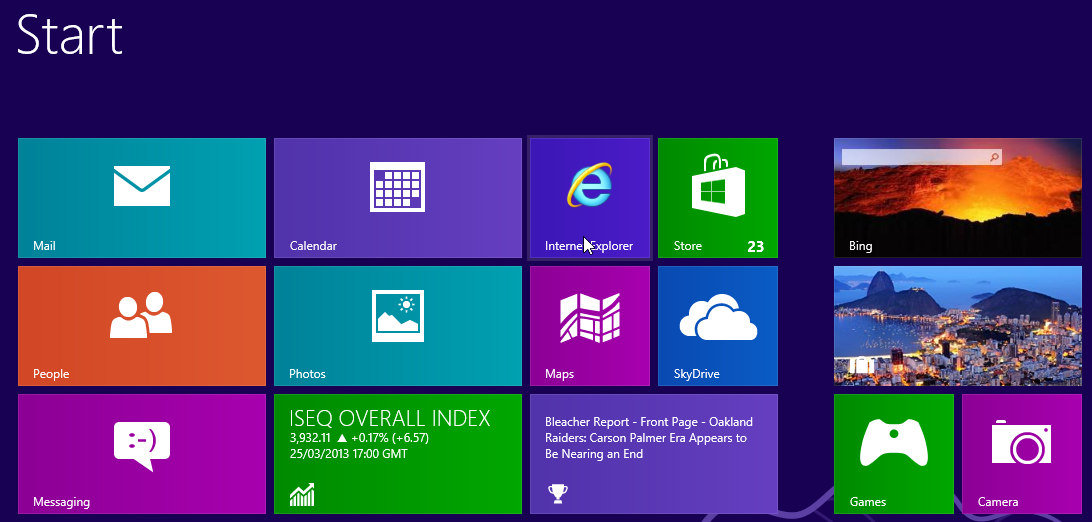Microsoft is about to piss off even more web developers than it usually does when it releases the eleventh edition of Internet Explorer in the next year.
According to research by Neowin.net when Internet Explorer 11 is released it’s not going to identify itself as an IE browser* but instead will tell websites that it is actually a version of its open source rival, Firefox.
The website says that this, along with other changes to the browser, suggest that Microsoft is attempting to prevent developers from targeting IE11 for specific design edits;
“To further ensure IE11 users don’t receive an odd version of the site, Microsoft also included the command “Like Gecko” which instructs the website to send back the same version of the website as they would to Firefox.”
Those of that are of a fanciful nature might hope that this means that Microsoft is about to abandon its own render ending and adopt Mozilla’s Gecko, but that seems unlikely. Instead what’s more likely is that Microsoft wants to prevent developers from creating specific website design edits for its newest browser.
Since Internet Explorer 6 was released in 2001 web developers have been able to create specific styles for Microsoft’s sock of browsers. This allowed them to develop one site for browsers like Chrome and Firefox while making tweeks and edits for IE6, IE7, and IE8.
You might say that this was a smart move by the engineers at Redmond, since it allowed website developers to accommodate the odd and, often, outdated ways that IE built websites.
But what actually happened was that developers removed functionality and features from IE users, and left them with a basic or, in some cases, unusable website. Developing around the various versions of IE was costly and time consuming, so it was easier for website creators to remove features from IE users rather than build around them.
And it’s not just smaller sites that didn’t have time to accommodate IEs’ oddness; in 2011 Facebook removed support for IE7, meaning that users of that browser were told to use Facebook’s basic site “for a better experience”.
This doesn’t necessarily mean that older websites, or company intranet sites designed for IE6 will become unusable on IE11 (Microsoft will still probably allow these sites to render as earlier versions of IE using the X-UA-Compatible meta string) but it will mean that developers will find it difficult to easily target IE11 quirks when creating new sites.
It’ll also mean a lot more angry web developers, you have been warned.
*It’s important to remember that IE11 hasn’t been released yet so it’s still subject to change, expect a statement from Microsoft soon if IE11 isn’t going to identify itself as Gecko.












